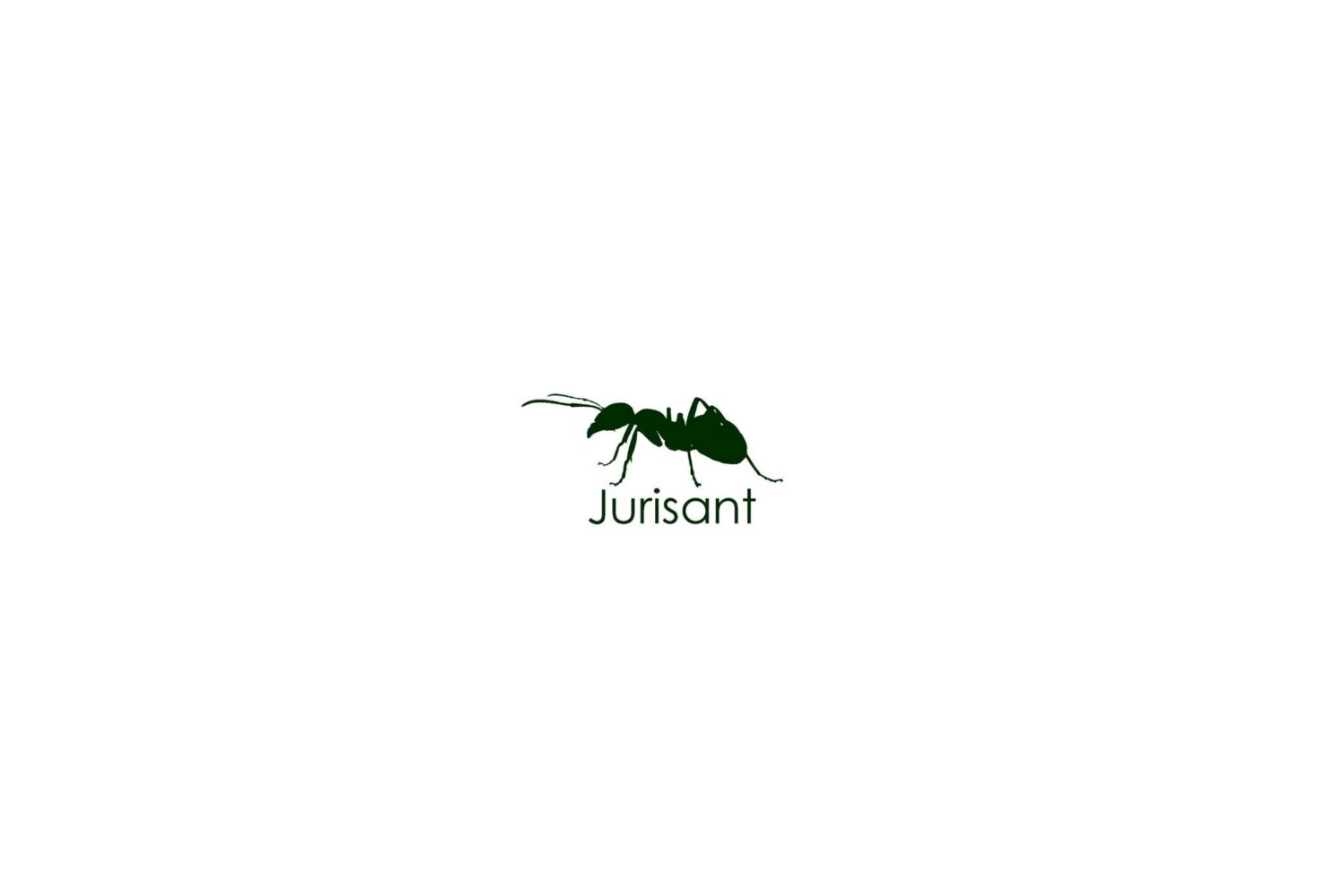
翻译干货专栏:法律翻译之产品法律责任和消费者保护
隔壁翻译菌
盆友们大家好~
叕叕叕叕见面啦~
本领域将涉及国际商事交易的最主要、最基本问题:商事组织、竞争、融资、会计、劳工、银行、合同等等多个方面~
本系列主要参考中国人民大学出版社《国际商事经济法律通则》一书,笔者很推荐对此方面感兴趣的盆友们阅读哦~~
本篇将介绍产品法律责任和消费者保护相关内容~
第十四篇 产品法律责任
和消费者保护
01
产品责任
在过去几十年,在世界许多国家已经趋向于让制造商或销售商承担越来越多的责任,从而更好地保护消费者。
照惯例,这些问题都是根据债法(law of obligation)来解决的,债法在一些法律体系(特别是普通法法系)中又被分为合同之债或者侵权之债。“侵权”(tort)这一术语在普通法系国家可能被定义为一种合同关系范围之外的普遍不法行为,也就是指其中一人给他人造成了伤害,从而引发损伤赔偿义务。而在大陆法系国家“侵权”的概念是和“不法侵害”(delict)相似。
Traditionally,these issues were typically handled under normal rules of the law of obligations, divided in some systems (especially common-law systems) between contract obligations and tort obligations. Note: The term "tort" as used in common law countries may be defined generally as a wrongful act, outside the context of a contractual relationship, by which one person causes some injury to another person, thereby triggering an obligation to compensate the injured person. The notion of "tort" is closely related to the notion of "delict" as used in many civil law countries.
根据这些合同责任的第一项,其主要规则是“让买方小心”(caveat emptor)。换言之,除非在具体规定的合同中给卖方强加责任,卖方一般不对产品的问题或者对买方遭受的伤害负责,而是买方根据他们头脑中既定商品的标准来负责检查商品的缺陷。
Under the first of these contract obligations the predominant rule was stated in the Latin phrase caveat emptor, which means "let the buyer beware!". In other words, the seller of goods generally was not liable for any problems in the goods, or injury they caused, unless a specific provision in the contract imposed that liability on the seller.
如果有人疏忽了,违反了这一义务实施了侵权行为那么就必须赔偿。换言之,人们要为他们疏忽和漠视他人健康、安全或财产而负法律责任。
凡依“严格责任”(strict liability)或“绝对责任(absolute liability),它有时只适用于特定的产品种类那些被认为是具有固有危险性的产品。当然,可能很难事先知道这个产品是否具有“固有危险性”(inherently dangerous)
另一个与产品责任相关的话题是抗辩(defenses)——在一个商业实体被指控应该为其制造或者销售的产品所造成的伤害或损失负责时往往容易引起纠纷。这些也都会因为市场的不同而变化(就是说对于不同的法系)。抗辩可以分为:
Another topic falling within the area of product liability relates to defenses —— arguments that can be raised by a business entity that has been accused of being liable for injury or damage as a result of products it made or sold. These also vary from market to market (that is, from one legal system to another), but they can be classified as follows:
1
关于造成伤害的首要原因还在于消费者本身的抗辩。这有时被称为“过失”(negligence),因为消费者所遭受的损害是由于其自己的过失造成的。这有时可以作为一个彻底的辩护理由,有时候又可以减轻商业实体对此本该给予的赔偿。
·defenses claiming that the injured consumer was in fact the primary cause of the injury. This is sometimes referred to as "contributory negligence", because the consumer contributed, by his or her own negligence, to the injury. This can sometimes serve as a complete defense or can sometimes serve to lessen the compensation that a business entity has to pay.
2
关于消费者是在使用产品时已经完全意识到危险性之后而造成的伤害的抗辩。这种“风险承担”(assumption of risk)的论调可能不适用于如果消费者实际上没有选择而只能使用该产品(因为不平等的议价能力)以及如果正当使用的话可以不受伤害的情形。
·defenses claiming that the injured consumer was fully aware of the risks involved in using the product and did so anyway. This "assumption of risk" argument might not apply if the consumer in fact had no choice but to use the product ( because of unequal bargaining power) and if the product could have been made safer.
3
关于在生产或发售产品时由于科学或技术水平还不够先进而导致欠妥之处难以被发现的抗辩。
·defenses claiming that the state of scientific or technical knowledge at the time the product was made or distributed was not advanced enough to permit a defect to be discovered.
4
关于制造商对使用该产品的危险性已向消费者提供足够的警告或免责声明(warnings and disclaimers),并且消费者接受了制造商或销售商的责任限制的抗辩。
·defenses claiming that adequate warnings or disclaimers were provided to alert the consumer of the risks involved in using the product and the restricted responsibility that the maker or seller of the product was accepting.
02
消费者保护
目前,已在以下几个方面对消费者保护进行了努力(efforts at consumer protection):
1
标准格式合同(standard form contract)达到“公平”(fairness)的法律。
2
禁止在消费交易中存在欺骗和欺诈行为(deception and fraud)的法律。
“欺骗”一词在不同的法系下可能有不同的含义,但通常可以理解为误导本还是很理智的消费者并导致其最终遭受损失。“欺诈”一次通常更加严重也更加难以确认,例如,在英美等普通法系中,欺诈由五部分组成:虚假陈述;被告故意作出的虚假陈述,预期依赖;被告的虚假陈述的知识;原告对该虚假陈述的依赖;该依赖给原告造成的损害结果。
The term“deception”would carry different specific meanings in different legal systems, of course, but in many cases the term would apply to a practice that is likely to mislead consumers who are acting reasonably (that is, who are not so gullible as to believe absolutely everything they read or hear) and who are materially injured as a result. By contrast, "fraud”is typically more serious and more difficult to establish. For example, in English and American common law, fraud consisted of five elements: a false representation; the defendant's intentional making of that false representation, expecting reliance; the defendant's knowledge of the falsity of the representation; reliance on that false representation by the plaintiff; and injury to the plaintiff as a result of that reliance.
3
要求披露产品信息(disclosure of product information)给消费者的法律。
4
禁止指定的销售行为(prohibiting specified sales practices)的法律。
5
保障消费者获得相关企业或自己的财务信息(access to financial information)的
6
包含在了某些法院规则(rules of court)之内的消费者保护。
在不同国家,约而来越多的法院受理针对某一企业实体的大量个人索赔诉讼。这些代表诉讼(representative actions)或集体诉讼(collective actions)或群体诉讼(mass actions)——对于企业实体来讲显得十分重要。
(本文转自公众号“律蚁语言服务社”,已获授权)



